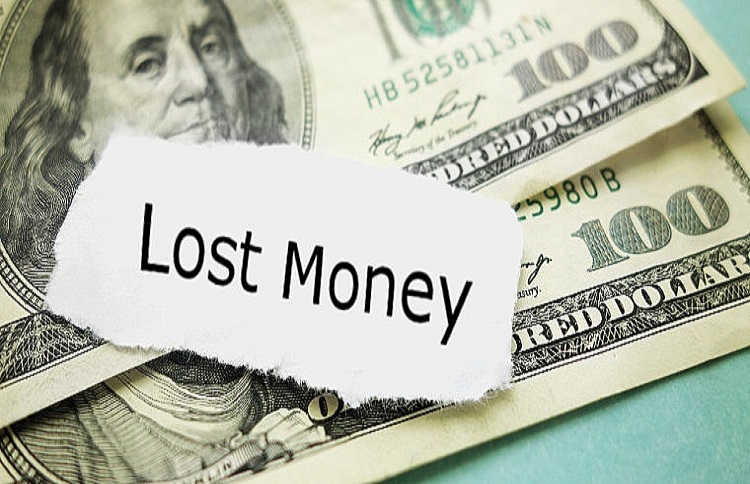
By Jubin Katiraie
The cries and threats by Iran’s President Hassan Rouhani against the chairman of the Central Bank of Iran to bring back the exported currency dollars have no end in sight.
The regime internationally isolated due to its export of terrorism and the formation of proxy groups and institutional corruption is in such a monetary and currency crisis that it does everything for a handful of dollars, without any result.
State-affiliated merchants have obtained billions of dollars from non-oil export and businesses. Because of the rough-and-tumble in the economic and political scene, they have been able to steal that money, so that billions of dollars have disappeared and the story of the non-returned dollars has started.
In early July, as rumors of a non-return of export dollars intensified, one of the officials cast a small light on this event.
Majid Reza Hariri, head of the Iran-China Chamber of Commerce, acknowledged that 80 percent of non-oil exports are now in the hands of government companies, which is now looking for the non-returned dollars.
“Between 70 and 80 percent of non-oil exports in condensate, gas, petrochemicals, petroleum products and large mines in recent years have been made by state-owned companies or owned by various foundations and institutions. The rest of the exports are mostly done by large and well-known companies. (Tabnak, 25 June)
Hariri described the identity of the so-called exporters, who are ‘known as export champions,’ as follows: “They have served as advisers to the Minister at various times and even now attend Dialogue Council meetings. Meetings specifically attended by various ministers such as the Economy, Silence, and Central Bank officials.”
[Exporters] can easily request the return of export currency at the same meetings from the owners of large export companies, which are also the so-called export champions. But unfortunately, the government and the officials of the central bank give the wrong address to the society. It is quite clear which government and which private company exported how much and how much the foreign exchange obligation was fulfilled.
Finally, he added: “Unfortunately, in recent years, we have witnessed an increase in the import of smuggled goods into the country, so that between 12 and 25 billion dollars of smuggled goods enter the country annually. Now the question is, where does the currency of these smuggled goods come from?
“The answer is clear. Non-oil export currency is provided by the offending exporter for these cases. When Iranians become the first to buy an apartment in Turkey or the first to buy a property in Toronto, who provides the value? These same export champions provide the currency to buy Turkish real estate.”
Samad Karimi, director of the Central Bank’s Export Department, said that about $27.5 billion of foreign exchange earned from exports has not returned to the main cycle of the country’s economy, and of this figure, about $25 billion for 2018 and $2.5 billion for the first three months of this year and most of it is related to the private sector.
Last year, Farhad Dejpasand, Minister of Economic Affairs and Finance, said in May 2019 that out of a total of $40 billion in non-oil exports, only $10 billion had returned to the country. ‘(Then) Mohammad Reza Maududi, head of the Trade Development Organization, said: Most of these exports have been made for a purpose other than the return of currency. Finally, Abdul Nasser Hemmati, Governor of the Central Bank, said: In 1997, the returned exchange reached $18.7 billion.’
Ali Ghanbari, a government economist, said that officials are working with the non-oil product dealers and every time that they feel they may be caught, they will be caught, they pretend that they are inefficient.
“As long as inefficient managers rule the Iranian economy, we cannot blame the currency for what we call pressure in the economy, because the main culprit currency’s high cost is the government and those responsible for allocating the currency to the exporter or importer.
“The government is threatening exporters to return government currencies, which should itself obscure how it may have given currency to the exporter or importer, but there is not a list of recipients?” (Aftab Eghtesadi, 11 July)
All the statistics and figures that are presented in a confusing way so that the public will not be able to find out the truth of the story.
The governor of the Central Bank said that out of a total of $72 billion of non-oil exports in the past two years, only $45 billion had returned and $27 billion had not yet entered the economic cycle, which has led to an increase in the exchange rate in recent days.
Read More:
Iran Regime’s Support Package, a Package Full of Bitterness and Misery


